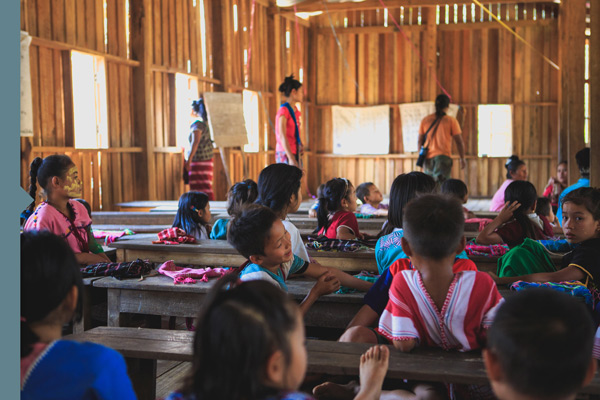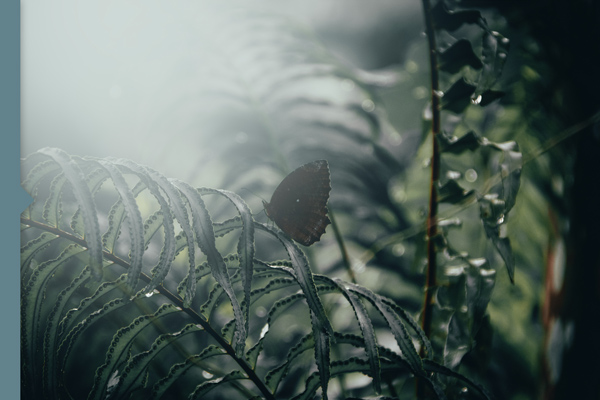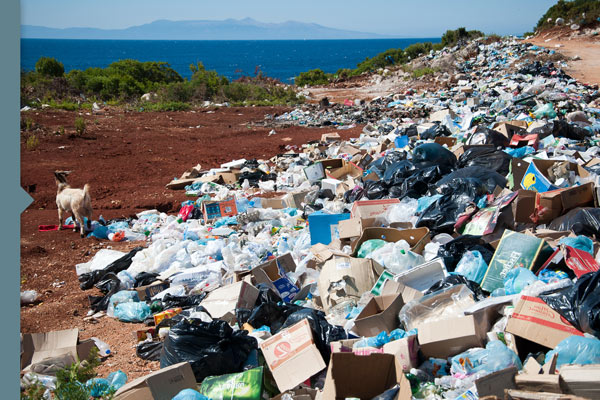OUR VISION
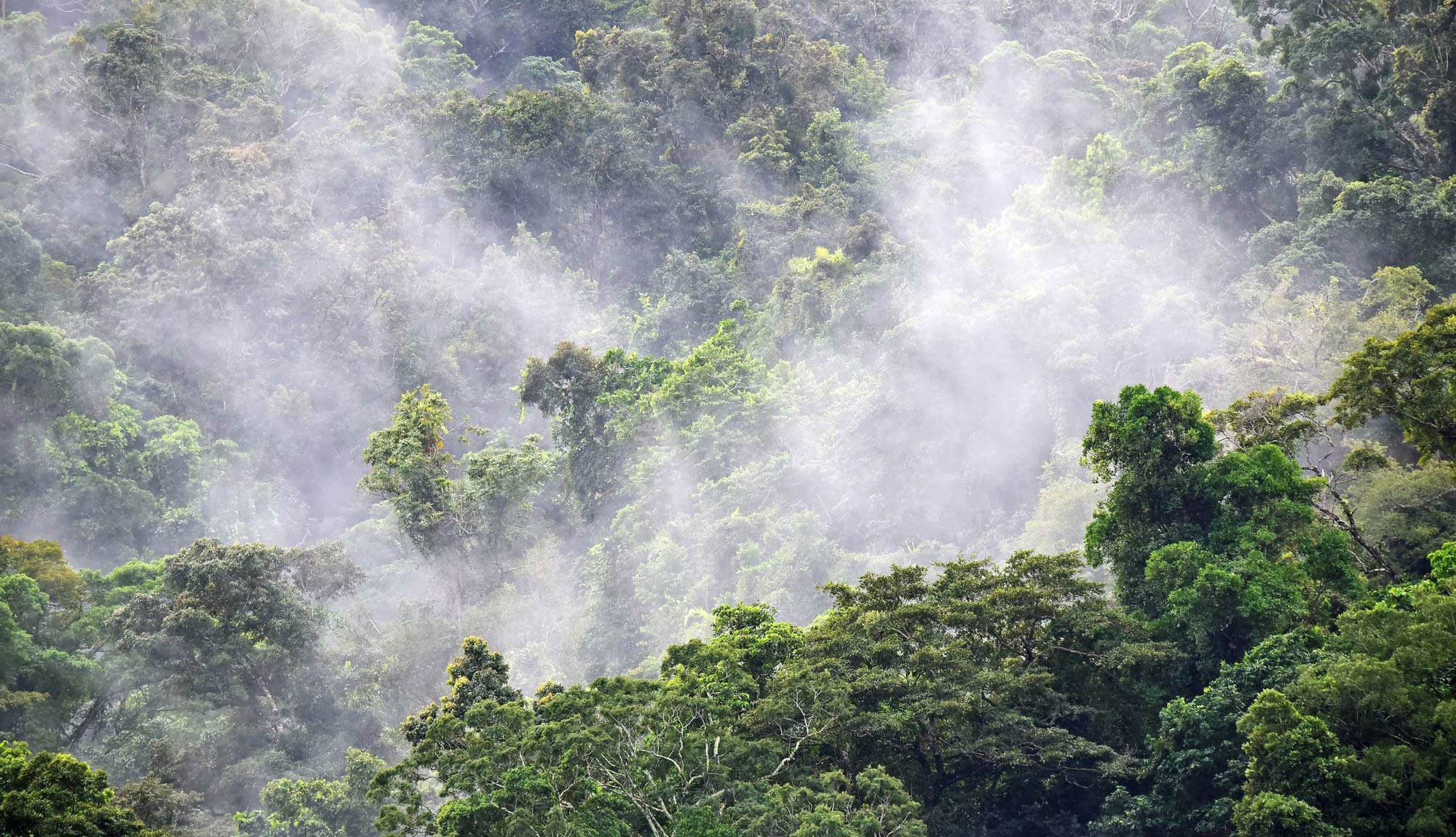
THE FOUR PARTS OF OUR VISION
OUR VISION OF A FUTURE BALI
This is how we see the future worth fighting for:
Bali, the intact jewel of Indonesia as a richly forested volcanic island with picturesque beaches and a dazzling underwater world. The reforested areas are official protected zones. They are home to the entire range of native flora and fauna. Nearly displaced species such as the Bali Starling have a permanent home here again.
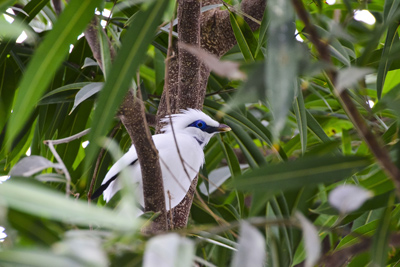
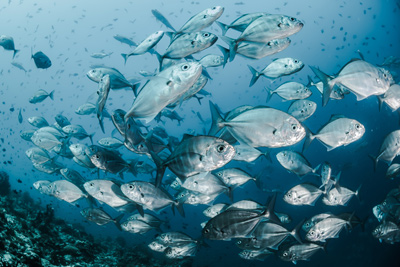
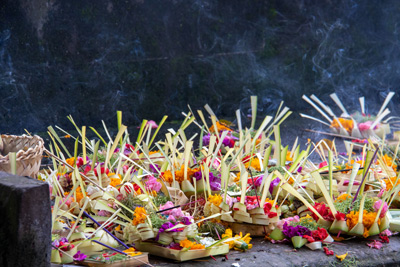
The Balinese live happily their religion-related and socially active life. They pursue their work as rice farmers, market vendors or in the tourism industry. The supply of fish for the population is mostly covered by aquaponic systems. This allows the production of tilapia and some food crops (e.g. tomatoes).
Due to reduced fishing in the open sea, fish stocks in the balium-giving waters have recovered enormously. Coral rearing and a ban on ocean-damaging sunscreen (Hawaii is a model) have had demonstrably positive effects. The quality of the reefs and the biodiversity under water is increasing again. Diving tourism is also benefiting from this development. For this, spawning times and water protection areas are now also taken into account.
Mass tourism has given way to ecologically sound, gentle tourism. Gentle means creating as little impact as possible on the nature traveled. Likewise, a high adaptation to the existing culture is crucial. The goal is to experience a vacation that is close to nature and pristine.
The sun is the largest supplier of energy and is fed by solar panels on all major buildings on the island. Especially hotel facilities benefit from the abundant solar energy.
The ubiquitous garbage problem is countered everywhere with land, river and ocean cleanups. Awareness of sustainable packaging and a ban on any type of single-use plastic has been implemented and is respected. There are high penalties for illegal dumping and burning trash in the backyard or on streets. The waste generated, instead of being mixed and dumped in landfills, is profitably recycled in sorting plants. Organic waste is composted and returned to the land.
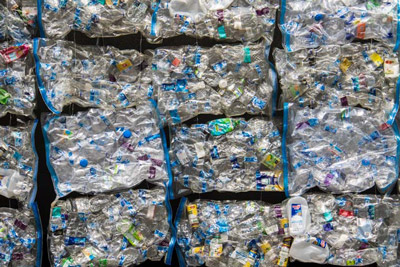
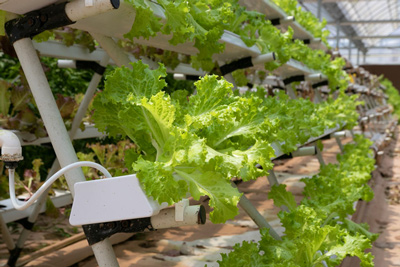
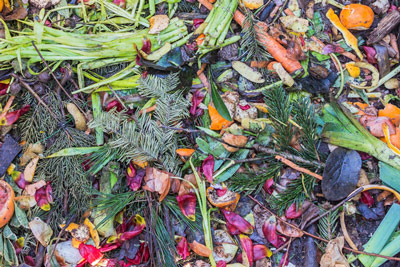
The strategy:
Helping people to help themselves from a sustainable perspective. This is the principle for the successful long-term integration of new models.
After all, grafted-on solutions are usually short-lived. Therefore, the acceptance and understanding of the inhabitants is absolutely necessary. In order to let our goals become the goals of our comrades-in-arms out of an inner conviction.
The schedule:
We are aware that this is a life task and we will need a lot of support. But the more people contribute a small part, the faster we will reach the goal. With the support of the population, the government and like-minded people we will realize our vision.
Join us and support a project with global impact!
IF WE DO NOTHING…
The gloomy vision of Bali in 5-10 years.
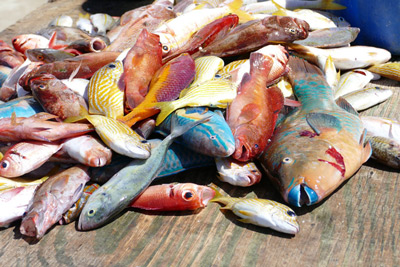
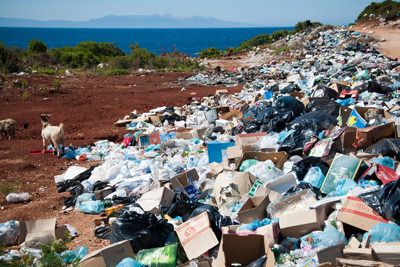
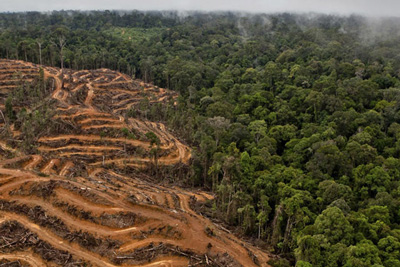
The former diver’s paradise with living corals and shoals of iridescent fishes lies fallow. Fish stocks decimated to the minimum due to continuous overfishing. The fish population has been decimated to a minimum by overfishing, sometimes using brute force methods such as poison or electric shocks. The corals largely dead by the excessive bathing and diving tourism. Coral damaging sunscreen and improper behavior under water play a major role. Caused by breaking off corals or whirling up sand with the fins etc..
On land a similar tragedy. Land sales and resulting tree clearings and destruction of biotopes. Background are mostly touristic purposes. Even the important mangroves are cut down to gain free access to the sea. Free-living birds no longer exist, only in cages as a status symbol or financial investment. It is not uncommon to see hotel ruins. Caused by foreign investors, who sensed the fast money during the tourism boom. However, they ran out of money during the construction project. So the half-finished buildings go unnoticed.
The polluted rivers transport the garbage directly into the sea. During the rainy season, the garbage washes onto the beaches. For a long time now, no beach cleanup has been able to cope with them. So they are ignored instead. During the rainy season, toxic rivers flood the rice fields of the farmers. The consequences are diseases from working in the fields and a spoiled harvest.
Conclusion:
Experience teaches us the likelihood of this cruel future for Bali unless there is a fundamental rethinking. There are countless examples in the world where ecosystems are cannibalized for tourism due to economic greed and ignorance. Afterwards they are left to themselves. Thailand in particular shook us badly a few years ago. The diving islands of Kho Tao and Kho Samui give us an inkling of how Bali could fare as well.
To prevent this, we are doing everything we can to make our vision come true!
